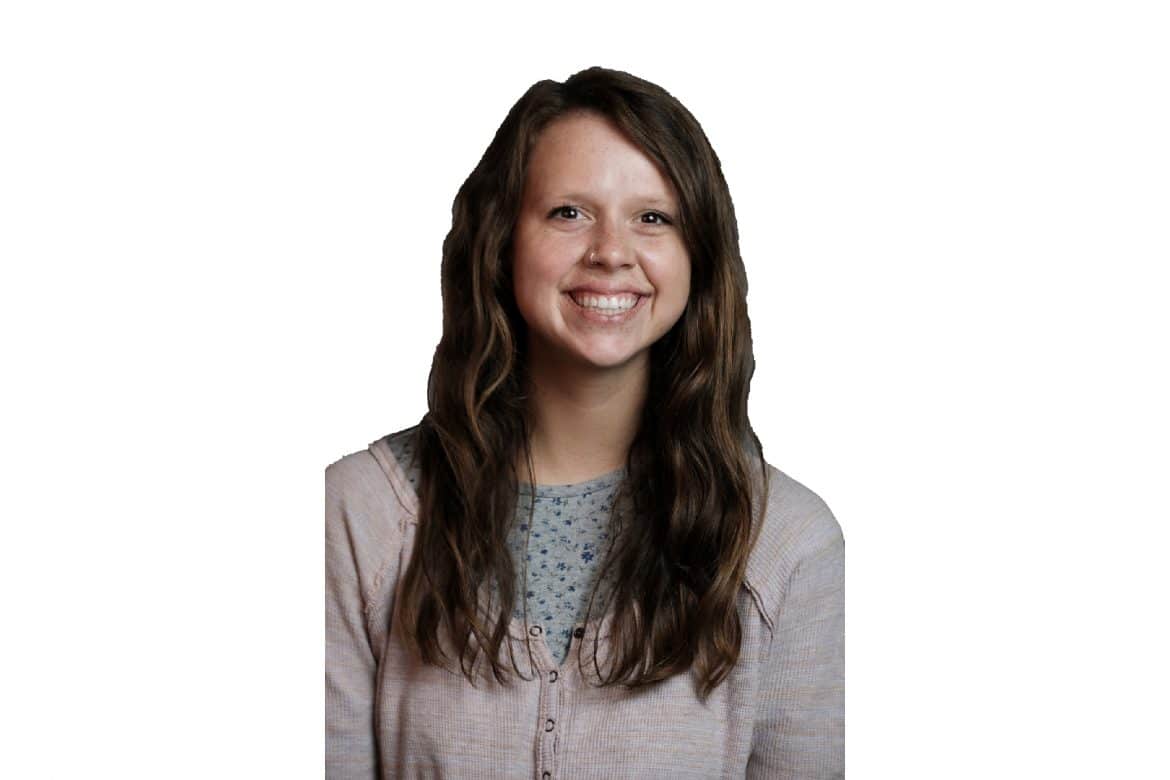Humanity is composed of vast amounts of goodness, compassion and diversity. The slight smile shared between strangers, a child picking flowers or a meal shared between close friends are scenes that remind me of the simple treasures of being human. It is my natural instinct to focus on all of the beautiful and attractive parts of being human and to stay away from the aspects of humanity that are repulsive and evil. But, in failing to shed light upon all parts of what it means to be human, I am leaving out important pieces of the puzzle. I cannot advocate for the understanding of all parts of the human experience if I do not seek to understand the parts that are devastating, or even the parts that I am personally guilty of. To ignore what needs to be said is to accept an existence of complacence.
As human beings, we all have the capacity to hate. The capacity to hate simultaneously unites and divides us all. The hate that runs rampant in society is indicative of the brokenness of humanity. When hatred creeps into our worldview, we become blind to the presence of common ground; all we can see is what divides us from the person we hate.
The National Public Radio and TED co-produced a podcast titled “Why We Hate” on their weekly program called “TED Radio Hour.” Journalist Guy Raz, the host of this podcast, interviews a series of people who have hated, been hated, and have decided to work towards a world where hate does not have the final word. During the show, Raz interviews American writer, actor and activist Dylan Marron about his podcast, “Conversations With People Who Hate Me.” Marron discloses that he was motivated to start this podcast after a phone call he had with a stranger who sent him hateful messages through social media.
He would call these individuals and begin the conversation with: “Why did you write that?” He would proceed to ask more questions about their lives and was shocked by how listening to others, even people filled with hate, enabled him to find a common ground: They were both human. Inspired by these conversations, Marron created a podcast in which he talked with people who openly hated his existence. When Raz asked Marron what the goal was for his podcast, Marron replied: “To see if conversation is possible, and often it is. I think we all have the capacity to hate, and I think that conversation — dialogue — is a way to disarm that hate.”
Have we lost sight of the power of a conversation? It seems like the practice of conversing with others has taken a backseat in society today and yelling has taken precedence. I am not advocating for injustice to be overlooked in the process of exemplifying empathy for our common humanity. Marron said it best when he stated: “I understand that some people don’t feel safe talking to their detractors and others feel so marginalized that they justifiably don’t feel that they have any empathy to give. I totally get that.” I agree with him and do not want to communicate that all hate crimes and unjust acts should be forgotten simply because “we are all human.” I simply want to call everyone into conversation. When was the last time you sat down with someone you disagreed with and engaged in conversation with them instead of talking over them? Perhaps hate will decrease when we are able to exemplify empathy towards those we deeply despise. The absence of hate is not synonymous with approval. Marron makes this clear when he says: “Empathy is not endorsement.” When we resist hatred, we are able to take steps towards a more restored way to disagree.
